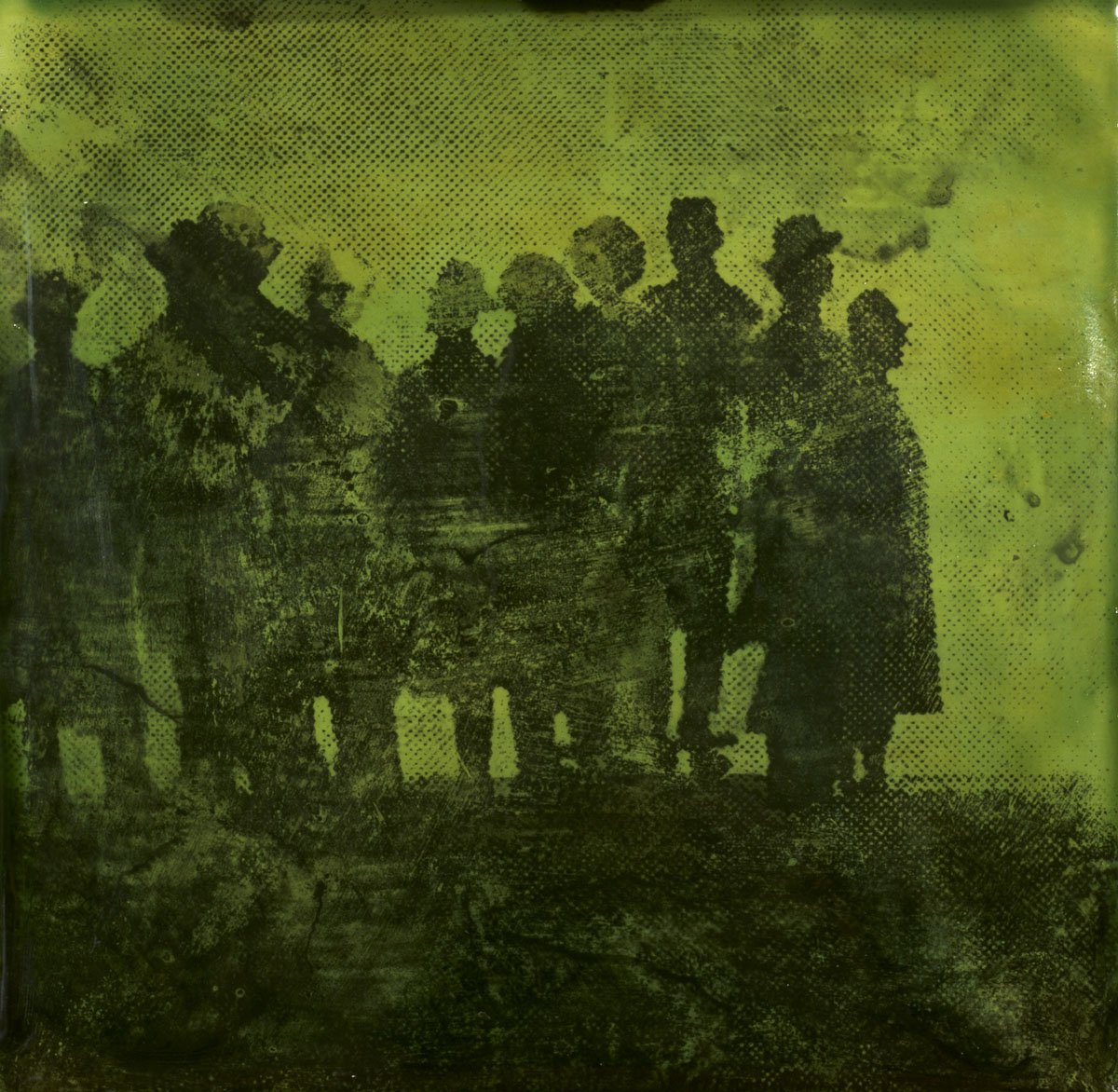
Untitled, 1995
Department of Art after 1800
| Artist | |
|---|---|
| Culture | Croatian |
| Date | 1907 |
| Object type | plaquette |
| Medium, technique | bronze |
| Dimensions | 70 x 42 mm |
| Inventory number | 55.523.P |
| Collection | Department of Art after 1800 |
| On view | This artwork is not on display |
The sculptor and medallist Robert Frangeš-Mihanović was one of the Croatian artists who exhibited at the 1896 Millennium Exhibition in Budapest in the separate Croatian art pavilion. He was even awarded a grand prix for his sculptures at the event. At the exhibition, the Hungarian state purchased paintings by Vlaho Bukovać, Celestin Medović and Bela Čikoš Sesija and a statue by Frangeš-Mihanović, in order to establish a representative collection of Croatian art for the future Museum of Fine Arts in Budapest.
Just like the rest of the world working in this field, the art of Frangeš-Mihanović was deeply influenced by French medal design at the turn of the nineteenth and twentieth centuries. The Croatian sculptor successfully adapted this influence into a style that was both individual and national, an achievement that was accomplished in Hungarian medal-making by Fülöp Ö. Beck. Most of the plaques and medals produced by Frangeš-Mihanović depict scenes taken from Croatian peasant life, especially agriculture and livestock farming. The artist is regarded by some as one of the most dedicated and expressive interpreters of the Croatian soul. On the backs of his works one can often find folk motifs as well as the artist’s own unique lettering.
Administratively Croatia was part of Hungary until the end of the First World War, which meant that Frangeš-Mihanović was closely connected to the world of Hungarian medal design, participating in numerous exhibitions of medals in Hungary. The plaque entitled The Rape of Europa, now held by the Collection of International Art after 1800, earned him victory in the competition of the Society of Medal Enthusiasts in 1907. The plaque depicts the moment when Europa, the Phoenician princess, is abducted by Zeus in the form of a snow-white bull, who persuades her to climb on his back before swimming away with her to the island of Crete.
Bianka Boda
This record is subject to revision due to ongoing research.